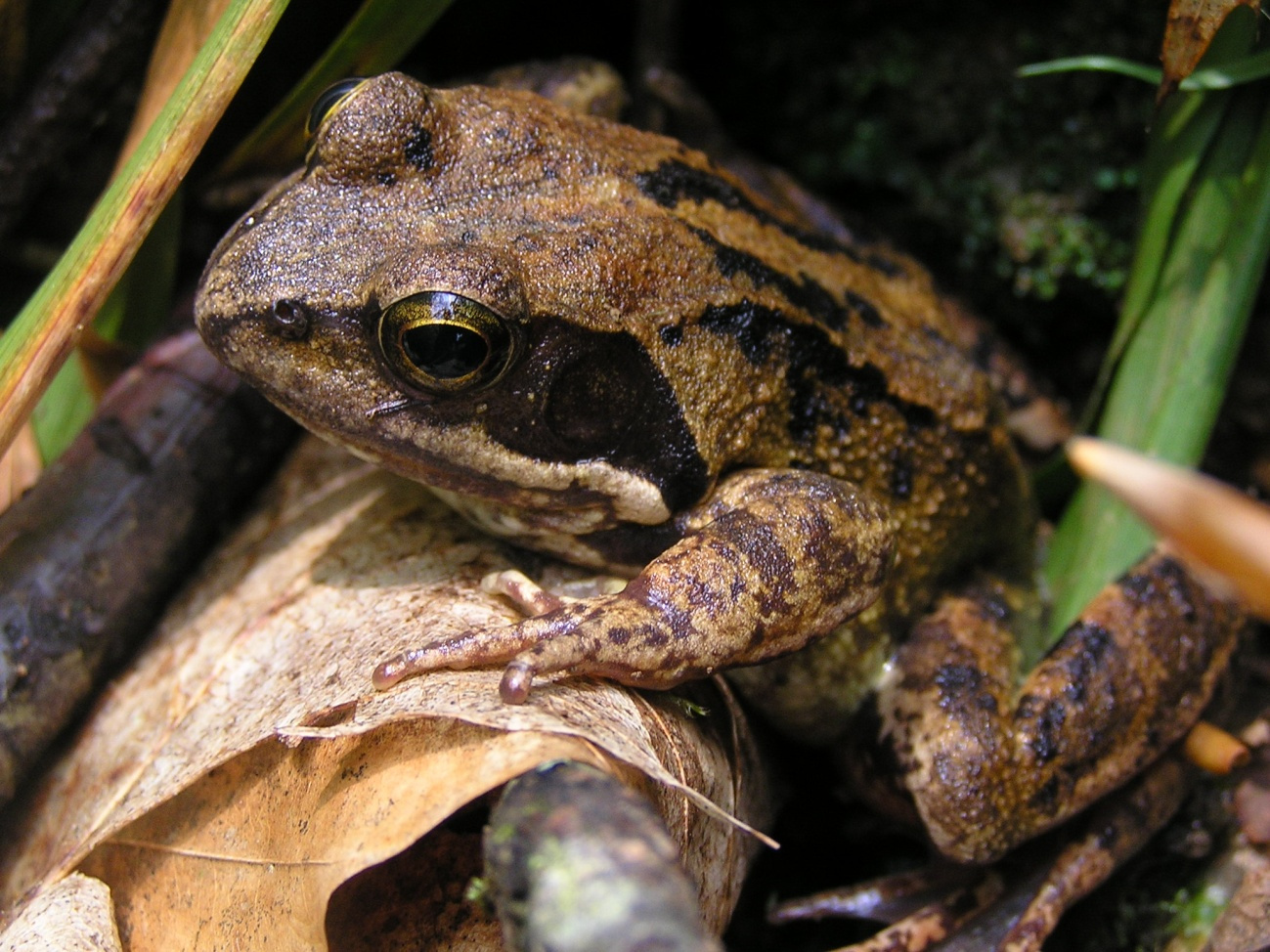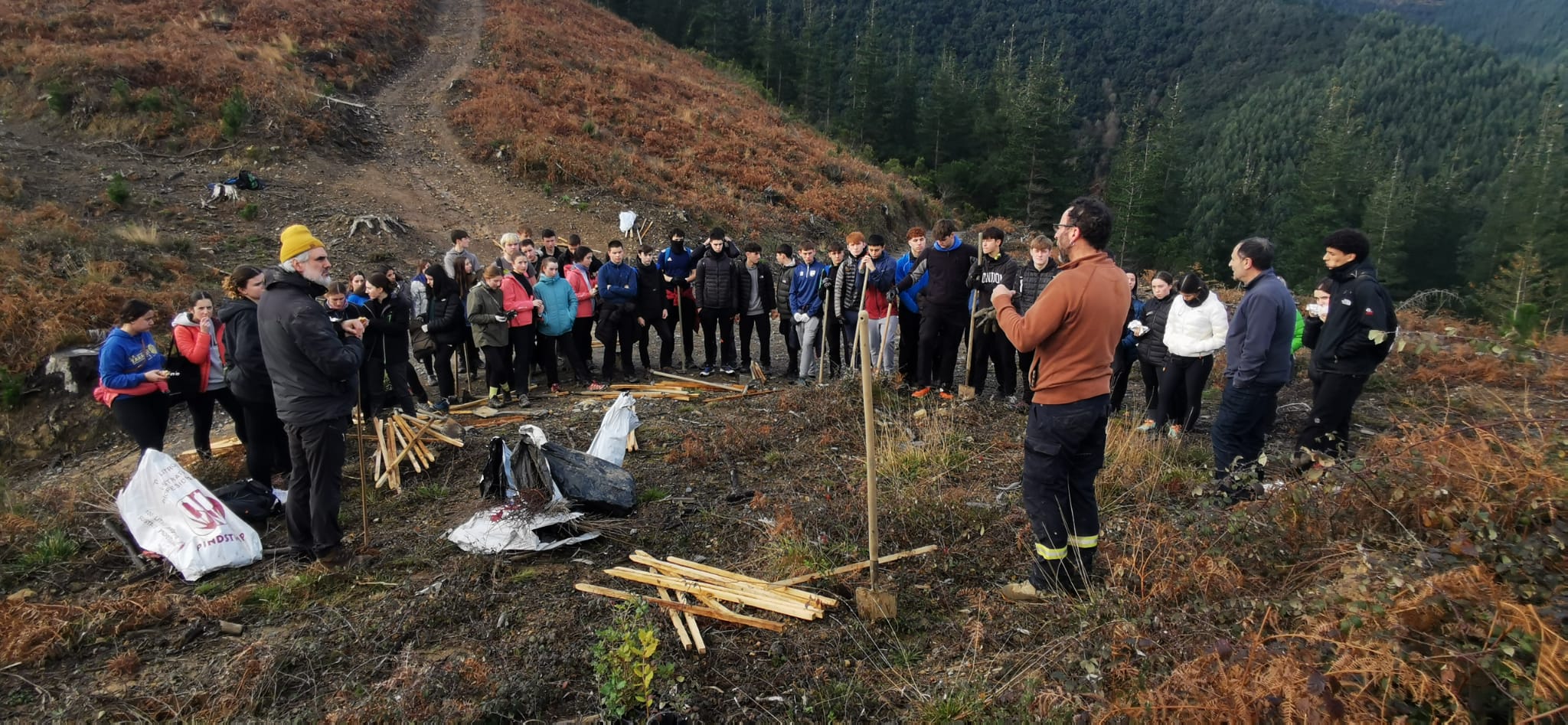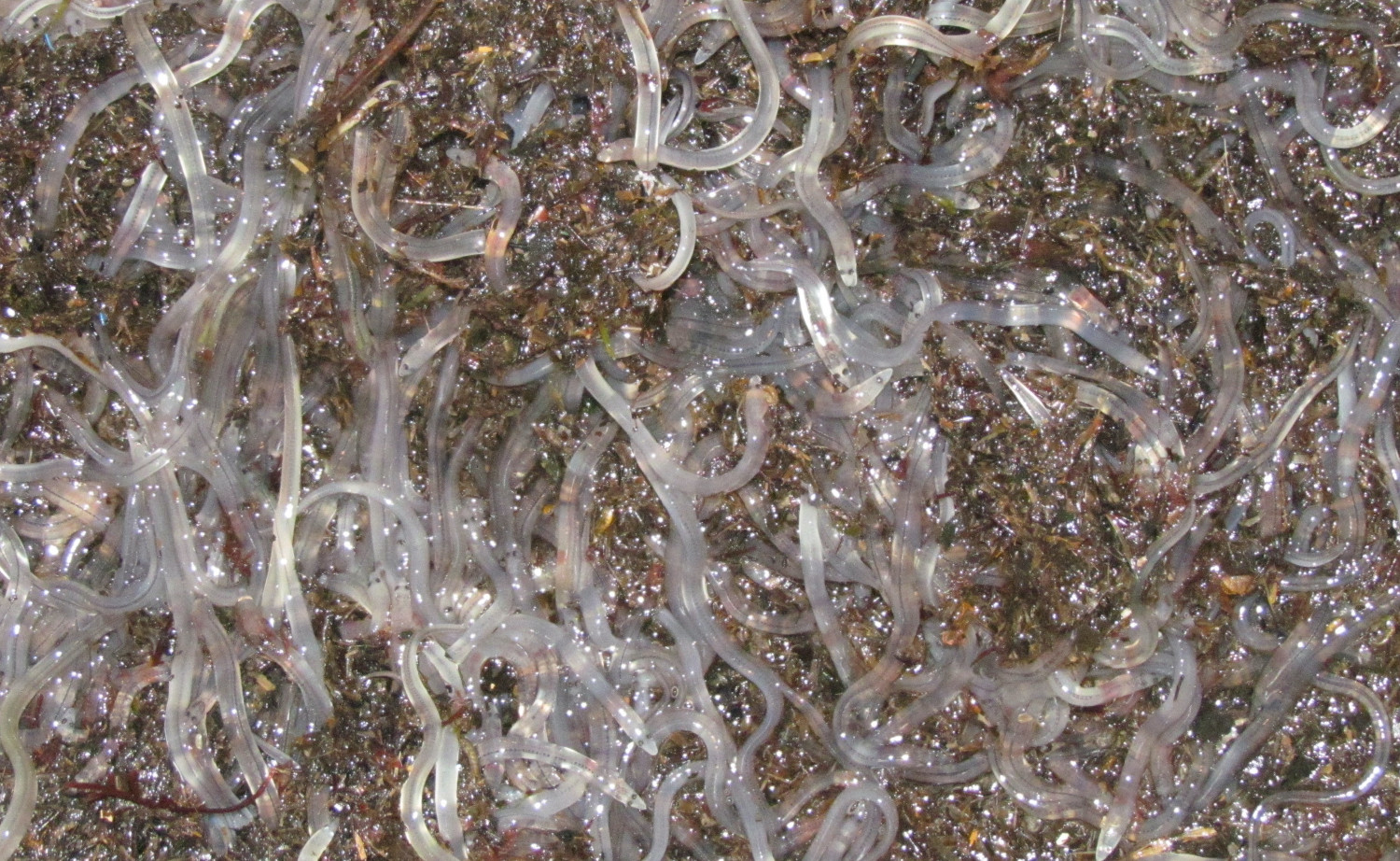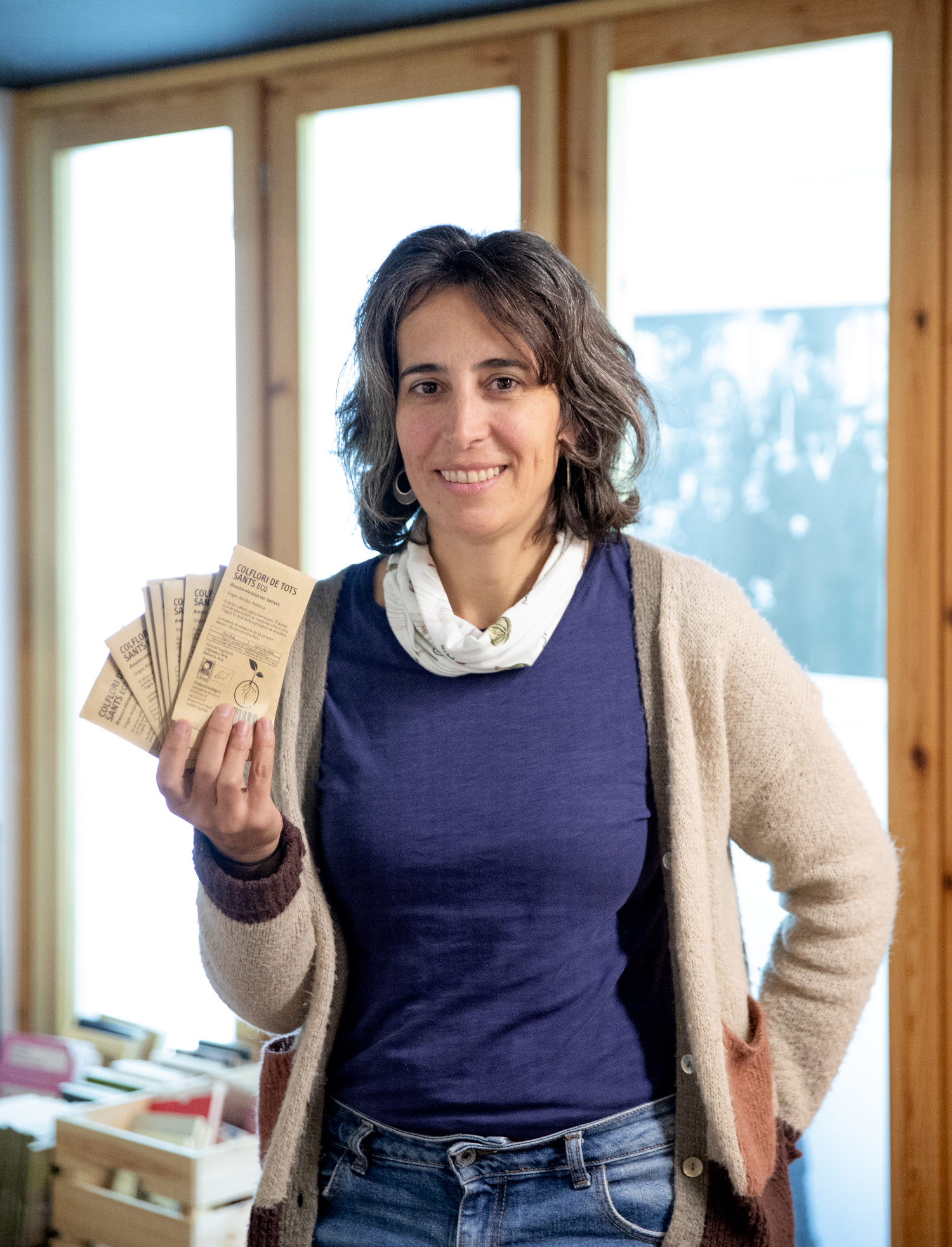Transforming the womb of the ecofeminism monster
- Environmentalism and feminism. A variety of thoughts, practices and social movements built in modernity, constantly fed with the ancestral experiences of different peoples that travel the planet. Handles to become aware of the monster that surrounds and crosses us, and harvest shared to draw among us forest paths.

The word ecofeminism can be read in the text of Francoise d'Eaubonn in 1974, Le feminisme ou la muerte, where he says that reasoning is simple: Feminism or death. And he argues: “The only mutation that can save the world today is the “big investment” of male power, which means a deadly expansion of the industry after agricultural overexploitation. It's not "matriarchy," of course, or "the power of women," but destroying the power of women's hands. And finally, the end of the tunnel, an equal management of the world to regenerate (and not so much to "protect" it, as the environmental lovers of the first wave believe).”
This radical base has been completed with multiple ecofeminist views. Many currents, but which converge in the fundamental need: the logics that structure the oppression of women* and the destruction of nature have a close, heteropatriarchal relationship. With different oppressions, the heteropatriarchate builds a system of territorial and experiential domination in an integral way, at the economic, social, political, cultural and symbolic level.
The integral system of domination emerges in the womb of the monster around us and crosses us. Donna Haraway proposes to go beyond the normative systems of family, reproduction, kinship and sex/gender with the metaphor of the monster’s uterus and leads us to revolutionize at the root some concepts and experiences we have built; dichotomies (natural culture, man, emotion of reason, being black, body of boss…), dichotomies, deep dichotomies, economics, etc.
By sharpening our gaze, however, we can identify practices and social movements that may not have been considered as ecofeminisms, which are not part of modernity. In dialogue and winding up with them, it will offer us the possibility of highlighting the breadth of the domination system and jeopardizing further dichotomies. The refinement of the gaze also sharpens the compasses, because we often move in Western terms and forms.
With the aim of winding up ecofeminism in the Basque Country, we want to bring to this column a series of reflections, from more respiratory analyses, from deficiencies, from challenges, from day to day, from the teachings. To create relatives and other figurations in the womb of the monster we find unsuitable and unimaginable.





















